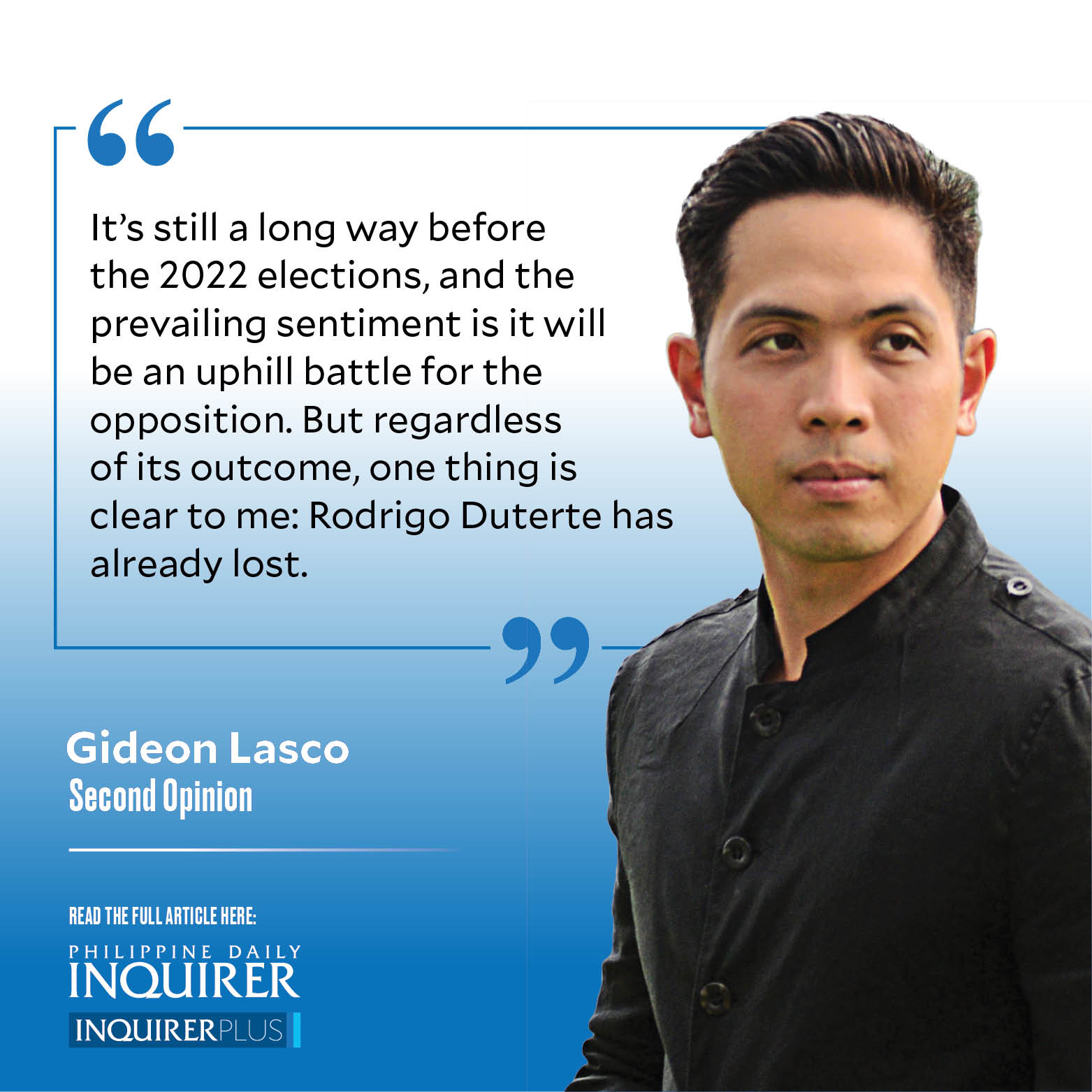
Amherst, Massachusetts—It’s only been 18 months since I last went to the US, but that trip in February 2020 seems like a lifetime ago, with the coronavirus inexorably altering the world and demarcating three phases in our lives: Before, during, and (hopefully) after the pandemic.
Back then, masks were still an oddity; we never imagined that they would be the protocol all over the world. During that trip, I went to Boston to celebrate my sister’s birthday; I never imagined that it would be our last family reunion for a long time.
But now that I am back, this time as a visiting scholar at the University of Massachusetts Amherst, it’s almost as if nothing has happened. The only difference was the season: It was a gloomy winter then, but now, it’s quite warm—sometimes too warm—and occasionally rainy as New England summers go. Masks are optional for fully vaccinated individuals, and in Northampton, where my bike rides usually end, I can hardly see anyone wearing them.
All of this is thanks to the US’ massive vaccination campaign that has seen over 160 million Americans fully vaccinated, representing 48 percent of the total population. After investing billions of dollars in various vaccines as part of the Trump-era “Operation Warp Speed,” the US moved swiftly to utilize various channels to facilitate vaccine distribution, including pharmacies like Walgreens and CVS. All of the above led to a dramatic decline in infections and deaths, serving as yet another proof that vaccines work. Here in Massachusetts, a liberal state with one of the highest full immunization rates at over 62 percent, there were even some days with zero new cases.
Of course, even without this dramatic recovery, Americans have never experienced the kind of militaristic “lockdown” we had. Sure, restaurants and shops were closed and classes went virtual, but neither Donald Trump nor Joseph Biden ever said something close to President Duterte’s “Shoot them dead” threats. No American has been arrested for tweeting something critical of the government, and no tanks ever rolled in the streets of Manhattan to get people to follow public health protocols. Individual freedom is held in such high regard, and the populist thing to do is embrace libertarianism, not authoritarianism—the extreme example being Marjorie Taylor Greene likening mask mandates to the Holocaust.
Doctors back home will grimace at this kind of individual freedom, saying that it can undermine public health. To some extent, I agree with them: Surely, had more Americans worn masks and followed distancing and public gathering protocols, instead of perceiving these rules as threats to their freedom, they would have avoided having the deadliest toll in the world. And I also feel they should be more cautious in lifting restrictions, especially with the emergence of new variants that may imperil this current state—or semblance—of normalcy.
However, I cannot help but feel envious of the respect for individual responsibility and freedom that is also reflected by the fact that people do not even need identification to get a vaccine. It’s as if their very presence is proof enough of their validity. In contrast, back home, we are told exactly what to do—face shields, face masks, curfews—or else risk being labeled as “pasaway,” arrested, or worse. This, on top of having to overcome some “burden of proof” by presenting all kinds of certificates and ‘“valid IDs,” all of which foster distrust, disempower people, and dissuade them from taking healthy decisions. Too much individual freedom may threaten public health, but too little of it can be a threat, too.
—————-
At a personal level, I feel happy for my family, friends, and colleagues who find themselves “free at last” after over a year—and finally able to travel, in time for the summer; even Europe is now welcoming fully vaccinated Americans with open arms. I feel especially happy for my colleagues and our compatriots in the health care sector—doctors, nurses, caregivers—who have disproportionately borne the brunt of COVID-19 in just one instance of racial inequity in this country.
But at the same time, I cannot join in celebrating this freedom, mindful that such freedom is not experienced by so many others around the world including in my own country. Indeed, COVID-19 has both reflected and reinforced the inequity of our world today. And what’s even more tragic is that were it not for the incompetence of our leaders, it need not have been this way.
—————-
glasco@inquirer.com.ph

